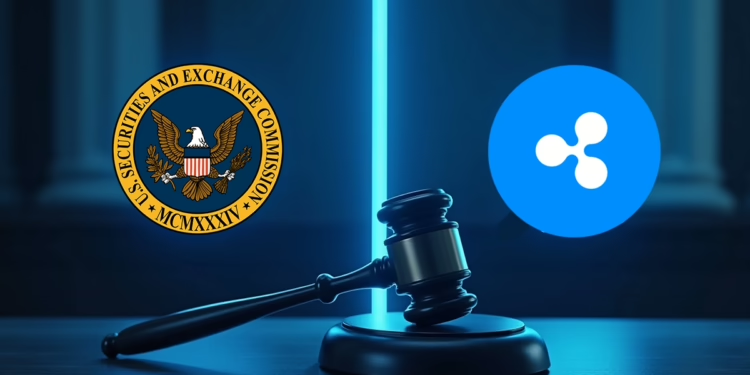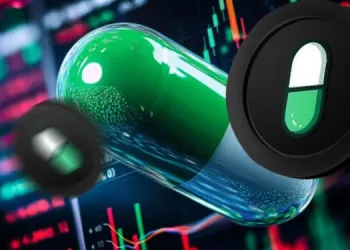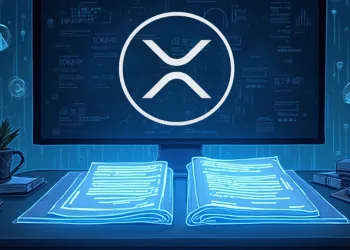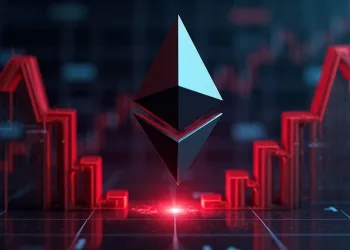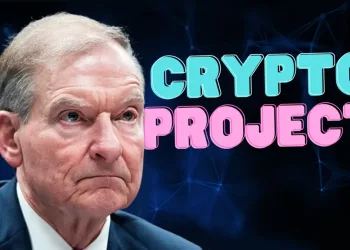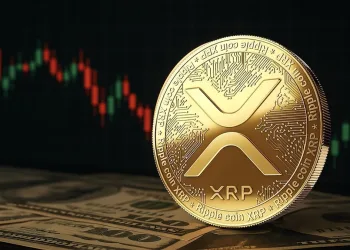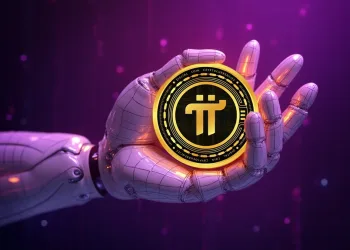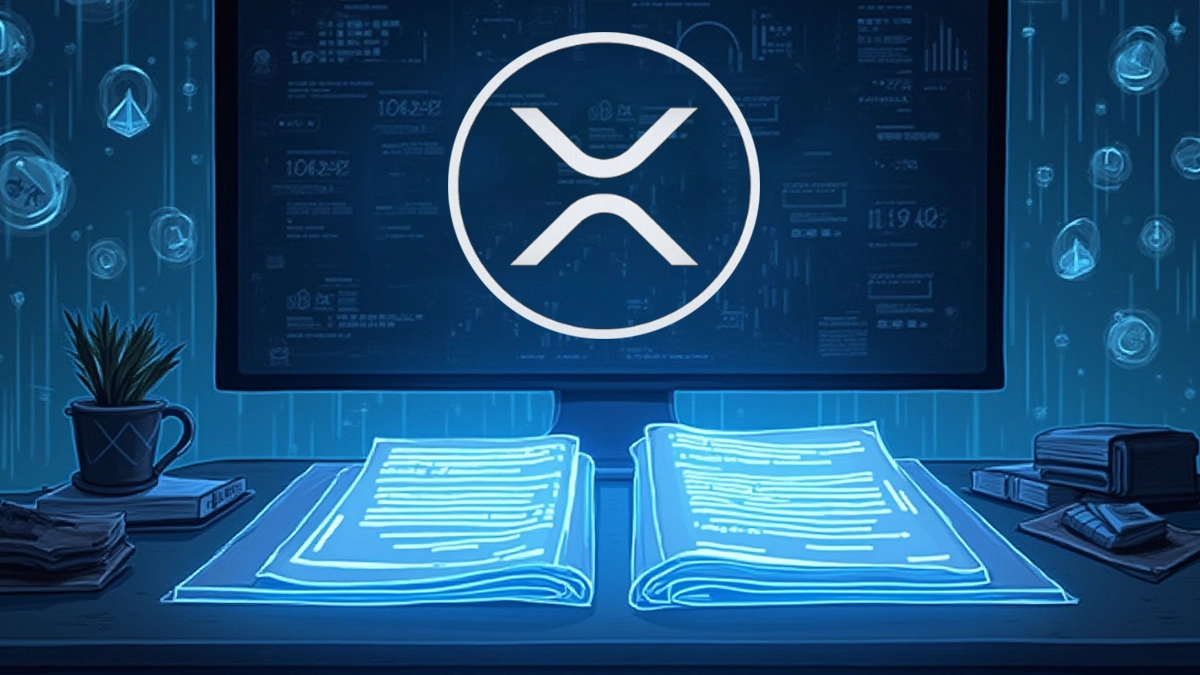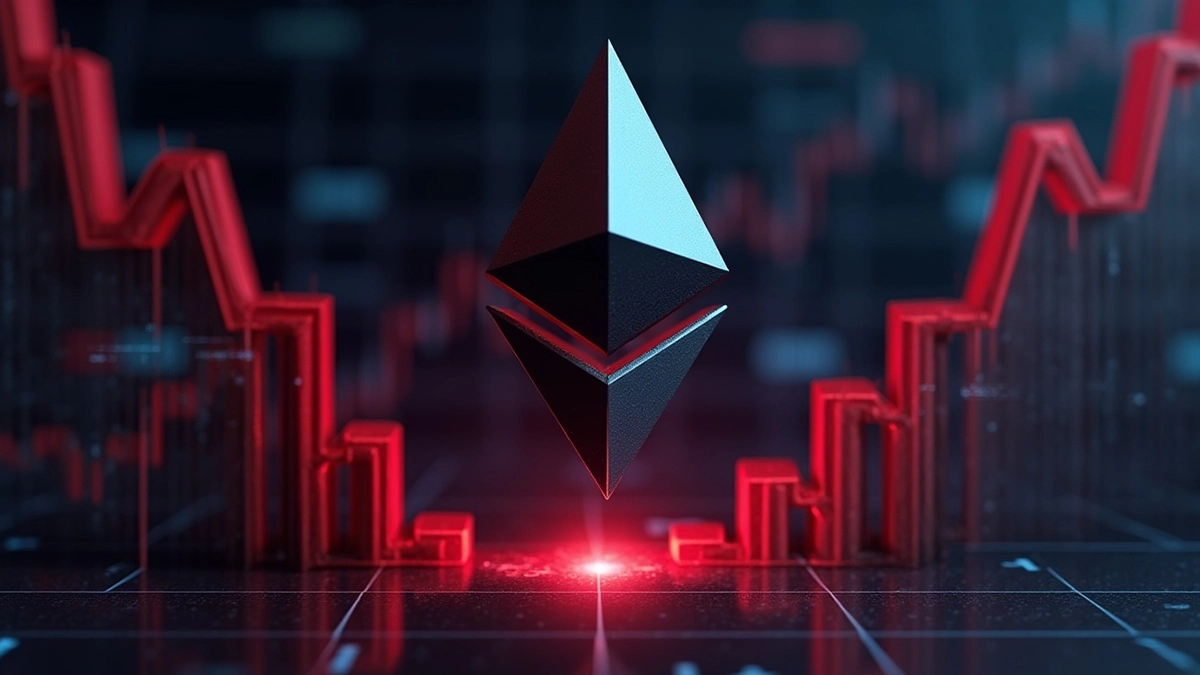- SEC argues Ripple’s control over XRP violates securities law, citing market manipulation.
- Ripple’s monthly XRP release creates scarcity, potentially inflating its market value.
- Legal battle centers on XRP’s classification as a security under the Howey Test.
The U.S. Securities and Exchange Commission (SEC) has recently filed an opposition to an emergency motion filed by Justin W. Keener on behalf of Ripple Labs. The motion, submitted last week, seeks to introduce “decisive evidence” in favor of Ripple’s defense against claims that its cryptocurrency, XRP, is a security.
The SEC argues that the request is flawed on multiple fronts. The Commission claims that the district court no longer holds jurisdiction, as the case has moved to the Second Circuit Court of Appeals.
Additionally, the SEC points out that Keener did not file the correct motion to intervene, and further asserts that it is unnecessary for the court to entertain new evidence. The SEC maintains that Ripple is fully capable of deciding for itself whether this evidence will impact its case. Consequently, the SEC is urging Judge Torres to dismiss the motion entirely.
🚨NEW: The @SECGov has just filed an opposition to that “emergency request to present decisive evidence” in favor of @Ripple we saw filed last week by one Justin W. Keener.
— Eleanor Terrett (@EleanorTerrett) April 8, 2025
The SEC opposes the motion because, they say, that 1) The District Court lacks jurisdiction over the… https://t.co/QNnKM6sOgA pic.twitter.com/4qTU1YEYKw
Ripple’s Control Over XRP Raises Concerns of Market Manipulation
A key point of contention in the legal battle is Ripple’s control over the supply of XRP. Ripple’s practice of releasing large amounts of XRP from an escrow account each month has been highlighted as potentially manipulative.
Every month, the company unlocks up to 1 billion XRP, with a significant portion 700 to 800 million XRP being returned to escrow. This cyclical process creates the illusion of limited supply, which may influence the token’s market value.
By releasing only a small fraction of the total XRP supply, Ripple maintains a sense of scarcity. This controlled supply can lead to artificially inflated prices, which could benefit Ripple financially.
Moreover, the gradual release of XRP allows Ripple to exert considerable influence over the token’s liquidity and volatility. This sustained control of the market may reduce sudden price fluctuations, but it also raises concerns about market manipulation. Consequently, critics argue that Ripple’s influence over XRP’s supply and price action resembles the characteristics of a security.
Legal Debate Surrounds Whether XRP Can Be Classified as a Security
The ongoing debate about whether XRP qualifies as a security hinges on the “Howey Test,” a legal standard used to determine what constitutes an investment contract. According to the SEC, XRP’s ongoing release is closely tied to Ripple’s efforts to increase the value of the token. As Ripple controls the distribution of XRP, the SEC argues that buyers may reasonably expect profits based on the company’s efforts.
Ripple, however, continues to defend its position by arguing that its actions are no different from other industries where scarcity and demand influence the value of products. Ripple’s CTO, David Schwartz, draws an analogy to artists who release new works on a schedule, suggesting that the value of an artist’s early works can increase over time due to the artist’s ongoing efforts.
The same is true in my example where the artist introduces new works to the market on a schedule which buyers of early works expect will drive the demand and price of the earlier works. If you still think there's a relevant difference, which Howey factor do you think it affects?
— David "JoelKatz" Schwartz (@JoelKatz) April 8, 2025
Nonetheless, the SEC contends that Ripple’s control over XRP’s supply fits the criteria for securities regulation, particularly the “efforts of others” prong of the Howey Test.


